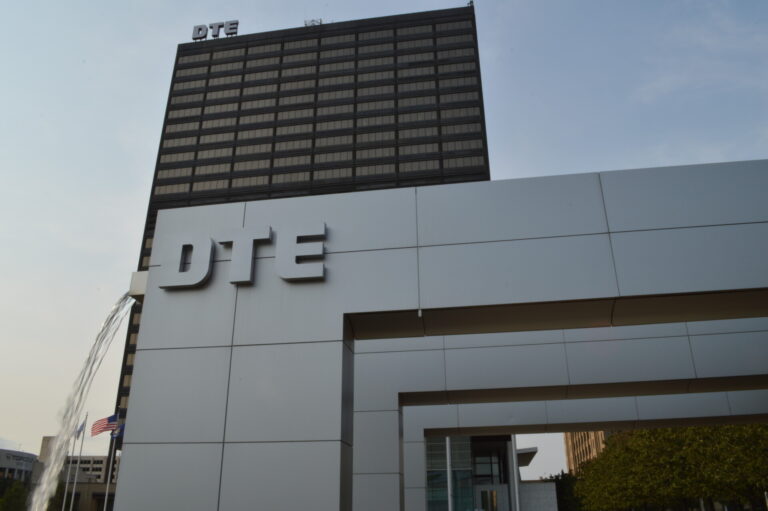Utilities Exert Influence Through Universities to Sway Regulatory and Political Debate
Through the funding of university institutes and faculty, utility interests and their trade association, Edison Electric Institute (EEI), wield significant influence over the education of regulatory staff and production of advocacy materials to support lobbying efforts around the country.
According to a report released today by the Energy and Policy Institute, university-based institutes and professors provide an avenue for utility special interests to educate regulators and advocate for favorable policies and regulatory regimes under an academic veil. Institutes and faculty funded by industry and based at Louisiana State University, New Mexico State University, Harvard University, and the University of Wisconsin produced reports, opinion pieces, and educational events that ultimately support the utility industry’s positions in regulatory and political discussions on the future of the electric industry.
“University centers and staff are being used to support the advocacy goals of utility special interests and their trade association,” said Matt Kasper, the lead author of the report and a fellow at Energy and Policy Institute. “Universities need to prevent faculty and programs from being influenced by special interests, especially when they are receiving funding from corporations and trade associations. Universities run the risk of losing credibility and appearing like pay-to-play advocacy groups instead of independent academic institutions.”
Evidence, unveiled by public records requests and in-depth source interviews, reveals that university institutes funded by utility and fossil fuel interests promoted skewed educational events and advocated anti-clean energy positions all targeted at influencing utility industry regulators and elected officials.
“Through university courses, conferences, and reports authored by academic staff, EEI and the utility industry have boosted lobbying efforts targeting state government officials and decision makers,” said Gabe Elsner, executive director of Energy and Policy Institute. “Clean energy sources are becoming more competitive each day. But, fossil fuel interests continue to spread misinformation in an effort to slow the deployment of sustainable energy solutions over fossil fuels, and are now using universities to echo their anti-clean energy message.”



